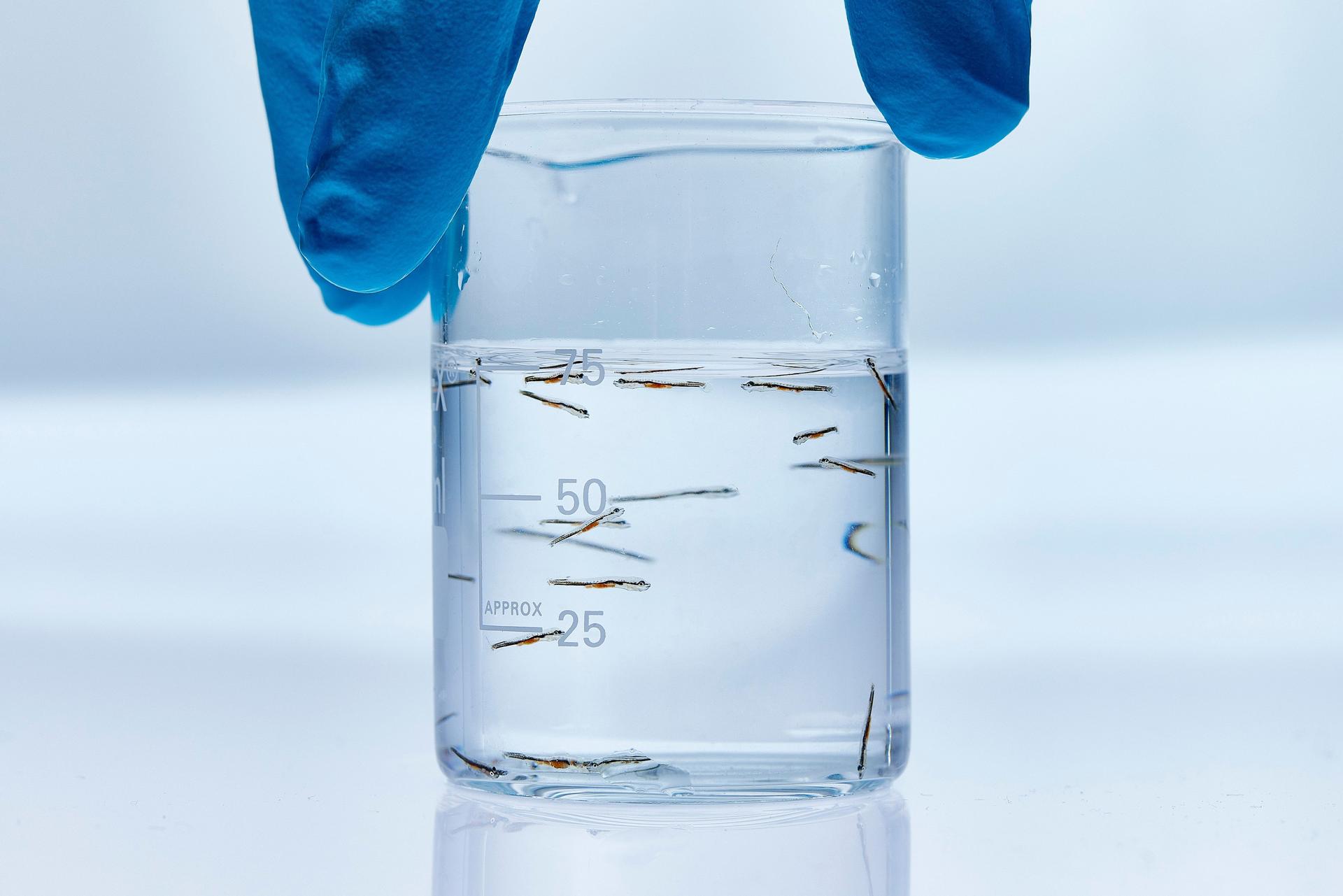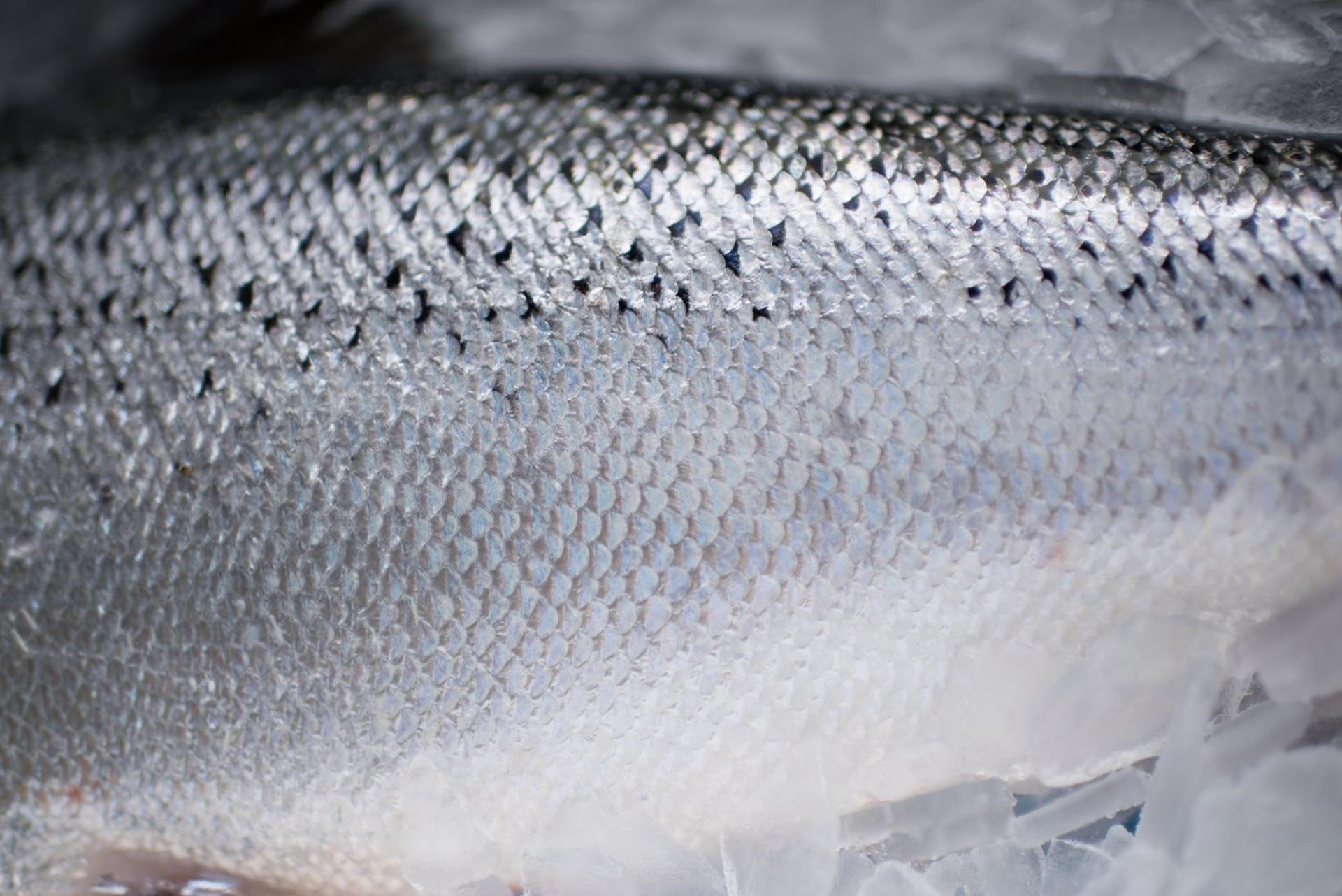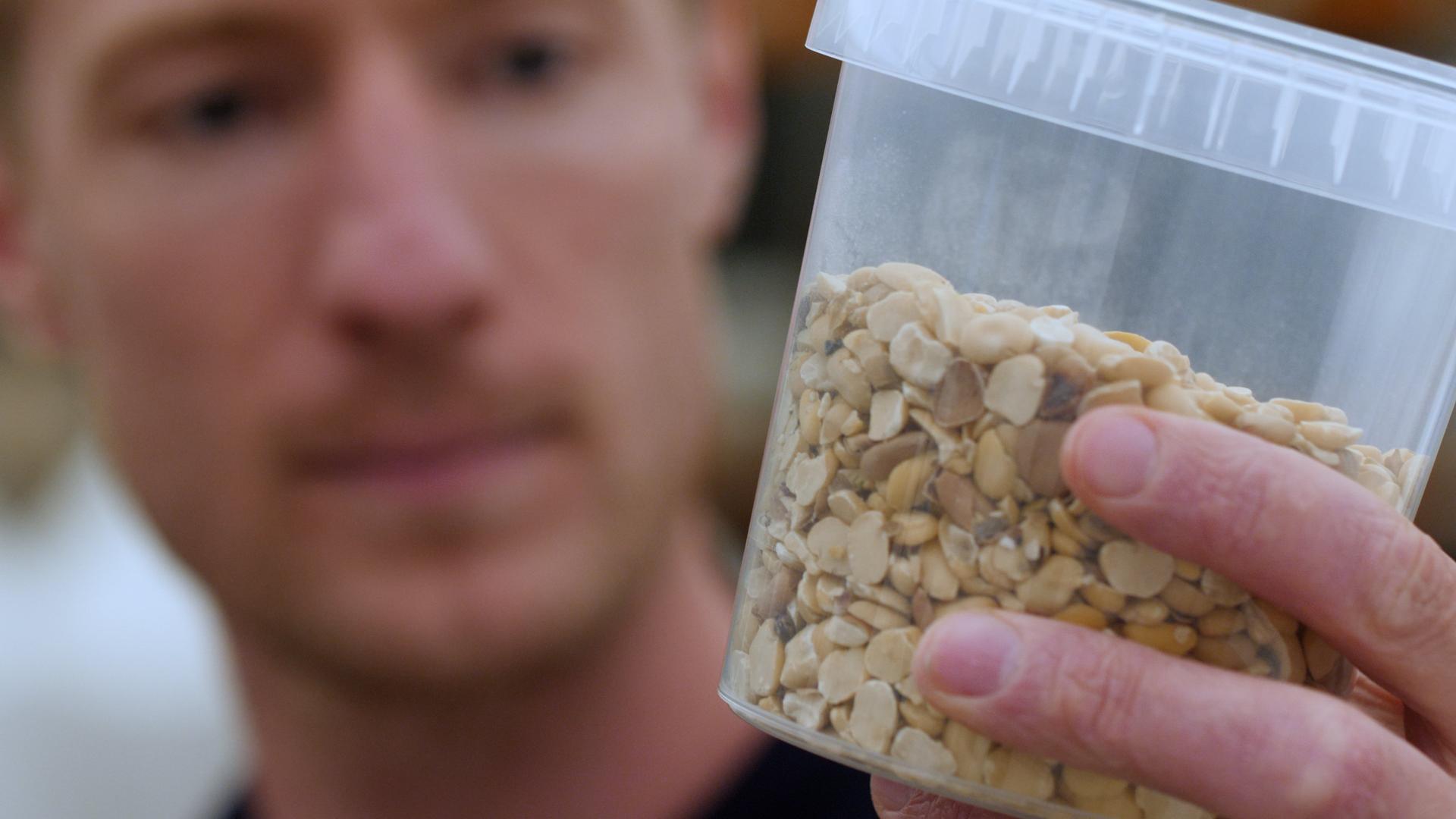- R&D
Bioactive Vitamin D3 Metabolites Improve Fillet Retention Without Affecting Growth
Efficient nutrient transfer from feed to fillet remains a key goal in sustainable aquaculture, particularly for micronutrients like vitamin D3 that carry both regulatory importance and consumer health value. Farmed salmonids are among the top contributors of vitamin D in human diets, yet the levels in fillet vary widely depending on feed formulation and production conditions.















